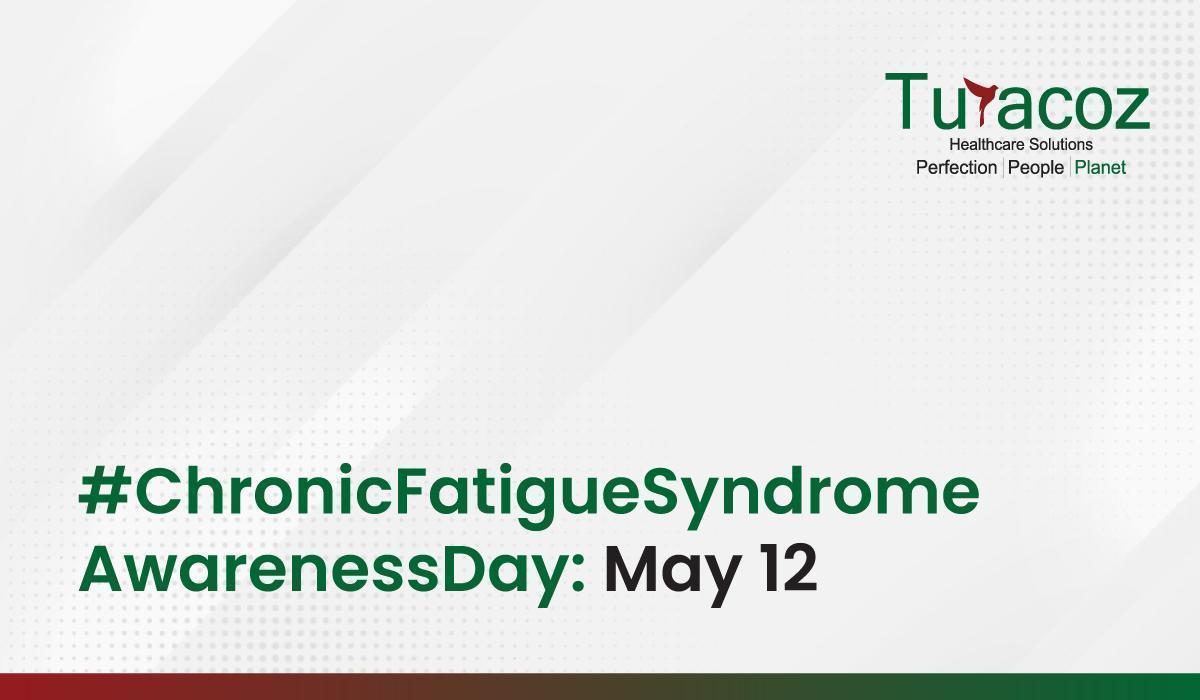
Chronic fatigue syndrome (CFS) awareness day and Florence Nightingale’s birthday fall on May 12. The day commemorates victory of Nightingale from pain, fatigue and CFS symptoms to attain many remarkable accomplishments.
What is CFS?
Myalgic encephalomyelitis (ME) or CFS or “systemic exertion intolerance disease,” includes debilitating fatigue that is constant or recurring. CFS is an unbearable, underserved and under-diagnosed disorder characterized by extreme fatigue. This type of fatigue is not improved by getting rest. It may be made worse by physical or mental activity and can limit your ability to complete ordinary daily activities. CFS can affect multiple systems in the body causing muscle pain or weakness, cognitive dysfunction (brain fog), and insomnia (the inability to sleep). More than 17 million people worldwide suffer from this disease.
What causes CFS?
Despite substantial research, the cause of chronic fatigue syndrome remains unknown. It could be genetic, due to an environmental trigger or your lifestyle, your long working hours, exposure to microbes, toxins, and other physical and emotional factors. It may be triggered by stress, various illnesses or other medical conditions. So it could be anything behind this dreadful disease.
What are the symptoms of ME/CFS?
Less-common symptoms of ME/CFS include:
How is ME/CFS treated?
Sadly there is no cure or FDA-approved treatments for ME/CFS. But, there are few things you, your family members and your doctor can do to help ease your symptoms.
Graded exercise therapy (GET)
GET is nothing but increasing your physical activities according to your CFS symptoms and closely monitored by a physiotherapist or occupational therapist who is used to treating people with CFS/ME. GET can improve symptoms for some people. However, some people report that they do not find it beneficial.
Cognitive behavioral therapy (CBT)
CBT is based on the idea that your mind can treat your body which means that a certain way of thought process can heal your CFS. It aims to change any harmful behaviors which can fuel certain health problems. It could be anything from physical activity, daily routine management, thinking positively, having a sleep routine, goal setting.
What can I do to cope with ME/CFS?
Please keep in mind that CFS can lead to many complex medical conditions like depression and social isolation. You will also have some lifestyle restrictions because of your chronic fatigue. You might lose your career or not be able to spend as much time with family and friends as you would like. If you are employed, your doctor will be able to advise you about whether you should take time off work. Please don’t ignore symptoms